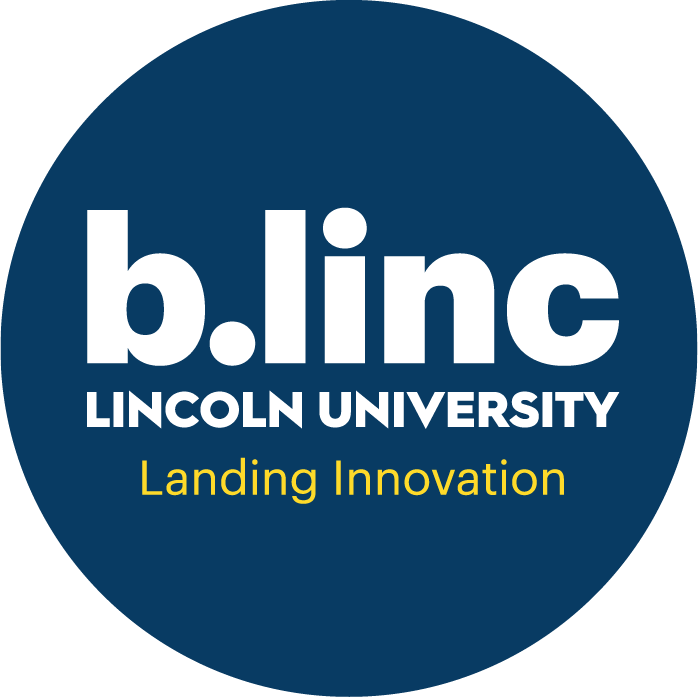With the Government’s announcement that they aim to have 30% of the country’s light vehicle fleet fully electric by 2035, it’s got many farmers thinking about their options for on-farm vehicle alternatives. The idea is getting considerable pushback, with a lack of options available. But change is happening rapidly, driven by government interventions and consumer demand.
In the UK, hydrogen and methane-powered tractors have been available since 2021, but what options do we have in New Zealand? And what about fully automated and electric vehicle considerations? Agricultural machinery maker John Deere has released details of electric tractors set to hit the New Zealand market next year. The NZ Government is contributing more than $600,000 through its Sustainable Food and Fibre Futures fund to help develop a prototype for a low-emission, driver-less tractor capable of undertaking multiple tasks at once.
Each alternative can provide its argument for why it is the best choice: Using methane as a fuel creates a circular energy system where Farmers can make use of agricultural or animal waste (as well as specifically-grown energy crops), to generate biomethane, which powers the tractor, which, in turn, helps to grow those same crops.
Electric models claim they cause less damage to the soil than traditional tractors due to their design and weight. Reportedly having lower maintenance costs, they are quieter, less smelly and far more efficient to operate. They also boast a potential safety benefit, fewer hazards and a lower risk of high-pressure oil leaks.
Automated vehicles can supposedly increase productivity while reducing carbon emissions, developing a tractor that can perform several tasks simultaneously.
Hydrogen tractors use a hydrogen tank and fuel cells that generate electricity to run the electric motors, which power the machine and any implements. It is less noisy and offers a zero emissions future producing just a little water.
With more and more alternative options becoming available, NZ will soon be able to mark a significant milestone on the journey to decarbonizing agriculture.
Join us to hear from Duncan Aitken from Loxley Innovation as he shares their journey and vision in developing innovative battery electric tractors that can power both mechanical & electrical farm equipment, with the versatility to also be an emissions free mobile generator capable of supporting the local electricity network.
The B.linc VIBE event series is an opportunity to hear from one of the wider Lincoln precinct companies about their business and to touch base, reconnect and build connections across the precinct.
Thursday 25th May
4.00pm - 5.30pm
B.linc Workshop
Timings
4.00pm - Networking and Drinks
4.15pm - Presentation from Keynote
4:45pm - Q&A Session
5.00pm - Networking
5.30pm - Event finishes
About Our Speaker
Loxley Innovation is developing innovative solutions to emerging energy challenges, both in rural and urban areas.
In rural areas, we're looking at on-farm energy resilience, including developing a battery electric mechanisation platform capable of providing grid support services.
In addition, we are creating power monitoring and flow control solutions for any end users of energy, enabling optimum use of local and regional grid connected resources.
Click here to see more events

